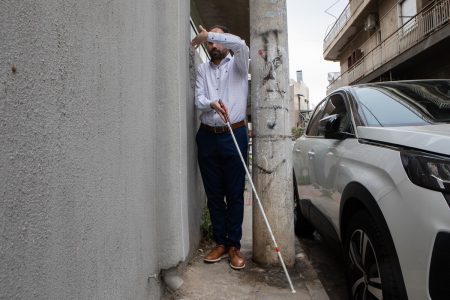The situation with the refugee-migration issue that has shaped up over the last two weeks is becoming problematic on two fronts.
The first is the increased refugee and migrant flows towards the islands and the Evros border region.
The second is the explosive situation that prevails, mainly in Lesvos, and the tensions between the refugees and the islanders.
The situation at overpopulated temporary migrant centres on the mainland, and even more so on the islands, was already suffocating before migration flows began to rise again.
The EU-Turkey agreement exists on paper, but in practice has proven very problematical for Greece.
Asylum procedures are exceptionally slow, extremely few migrants are re-admitted by Turkey, and European countries remain indifferent and refuse to accept even a limited number of refugees.
The incidents on Lesvos are a resounding alarm bell regarding how the situation may shape up in areas that have shouldered the greatest refugee burden and continue to do so.
On the other hand, miserable conditions and the long-term entrapment of refugees lead to uncontrollable behaviours, which in turn fuel extreme nationalist circles and disgruntled residents, with equally extreme and dangerous reactions.
It is quite possible that, if the government does not handle the situation with realism and seriousness, the problem will flare up into a wave of racism on the islands – whose residents in the past were distinguished by their impressive solidarity – which may become islets of xenophobia.
It is obvious that in many areas the limits of endurance and tolerance are being tested by their beAing burdened for protracted periods and abandoned by the central government.
The problem is not easy to manage, but it cannot be addressed ad hoc and after the fact.
Conditions at reception centres must be improved and the islands must not be used as warehouses of abandoned souls.
Europe must be persuaded in every way possible to assume its responsibilities as well.
Government services over the next difficult months cannot continue to look on as observers, intervening only when the situation has reached its limits.





